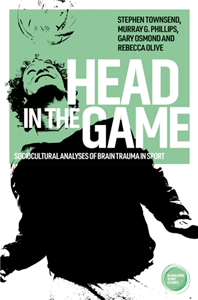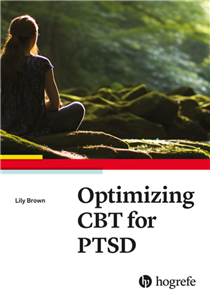Why ADHD is Not a Disease
A polemic
by Amrei Wittwer
In some European countries, one in four children is now diagnosed with ADHD (attention deficit/hyperactivity disorder) due to their socially disruptive behaviour. The treatment usually consists of suppressing the symptoms with psychostimulants such as Ritalin. This treatment does not improve school performance, but it curbs the children’s creativity and may stigmatise them for their entire lives. Taking an opposing viewpoint, ADHD expert Dr. Amrei Wittwer focuses on the physical and psychological well-being of the affected children. Because almost all “ADHD patients“ are facing difficulties in relationships with adults, she considers that a solution begins with the children’s domestic and school environments, instruction of parents and teachers, and by using therapeutic approaches rather than simply sedating the children. “Children are our future”, is a common theme in Sunday speeches. Anyone who takes this point seriously, whether or not they themselves are immediately affected, should think about this important topic.


























